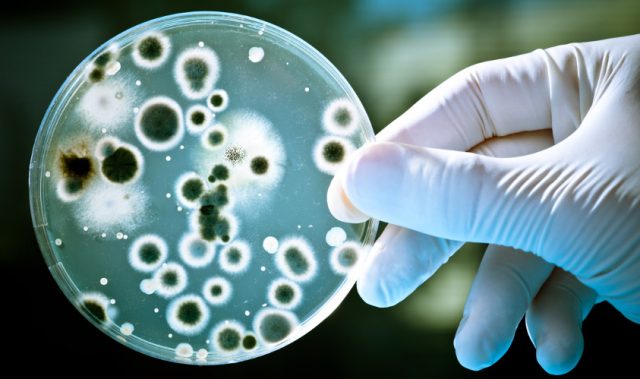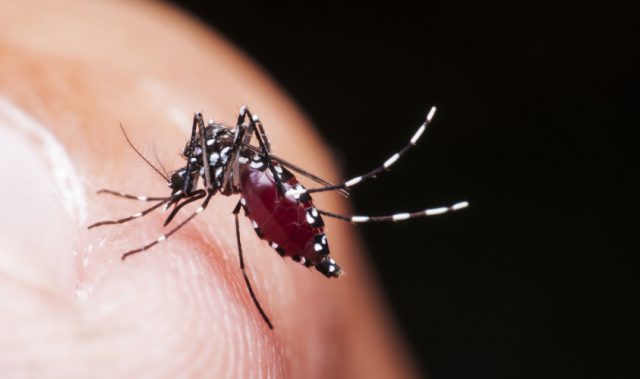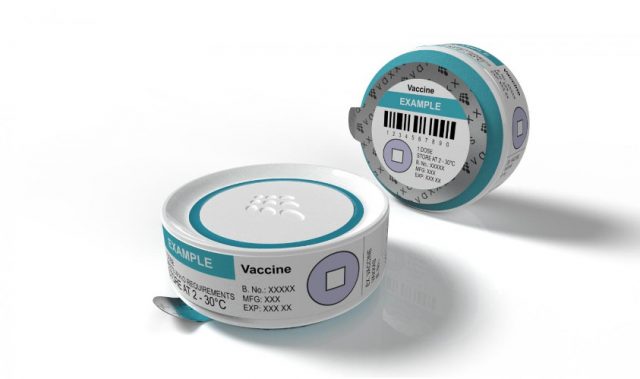
Asian Scientist (Oct. 17, 2013) – New research from The University of Queensland has found that women who regularly drink as little as two glasses of wine per drinking session while pregnant can adversely impact their child’s results at school.
The research, published in PLOS ONE, showed that children of women who frequently drank moderate amounts while pregnant performed less well in school tests by age 11.
“These findings confirm Australian alcohol guidelines that women should avoid alcohol altogether while pregnant or when planning to conceive,” said Dr Rosa Alati, the lead author of the study.
“We could see a clear link between a mother’s alcohol consumption and her child’s academic outcomes.”
The study of more than 7000 English children found that women who drank two 150 ml glasses of wine or about two 375 ml bottles of full-strength beer during pregnancy had children who received lower scores in school tests at age 11.
The more frequently women drank these quantities, the more likely their children were to underperform at school, the study found.
In contrast, the children whose fathers consumed similar levels of alcohol during the pregnancy were unaffected.
Dr Alati said this comparison provided new evidence that the effect of alcohol consumption was passed from the mother to the unborn baby and was not due to factors such as the mother’s socio-economic or educational status.
While drinking one unit of alcohol a day – about half a glass of wine – was not found to lower children’s academic abilities, Dr Alati said more research was needed on the topic.
“Other studies of the same cohort of children have found that genetic or environmental factors can mean some children are more susceptible to the impact of alcohol while in the womb than others,” she said.
Dr Ron Gray, a co-author of the study, said alcohol consumed during pregnancy could have a toxic effect on the developing brain.
“In this study that translates into poorer academic outcomes at age 11,” Dr Gray said.
“It remains unclear whether any amount of alcohol is safe in pregnancy. The safest plan is to avoid it.”
This research was based on the long-term British study, The Avon Longitudinal Study of Parents and Children (ALSPAC).
The article can be found at: Alati et al. (2013) Effect Of Prenatal Alcohol Exposure On Childhood Academic Outcomes: Contrasting Maternal And Paternal Associations In The ALSPAC Study.
——
Source: University of Queensland; Photo: Frank de Kleine/Flickr/CC.
Disclaimer: This article does not necessarily reflect the views of AsianScientist or its staff.












